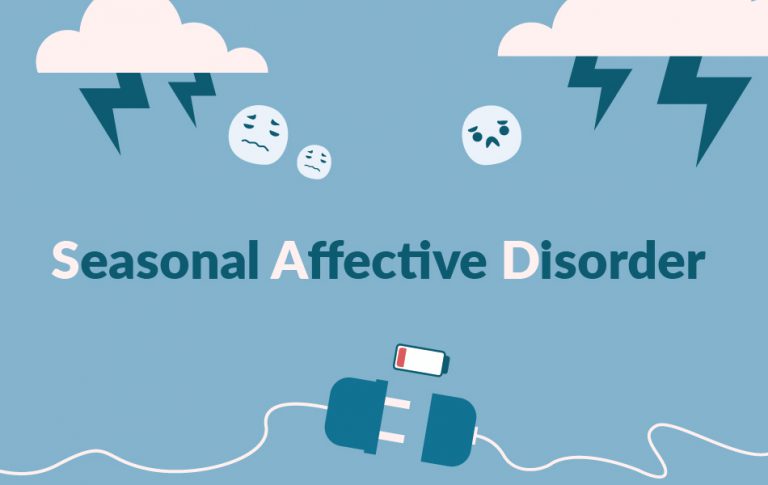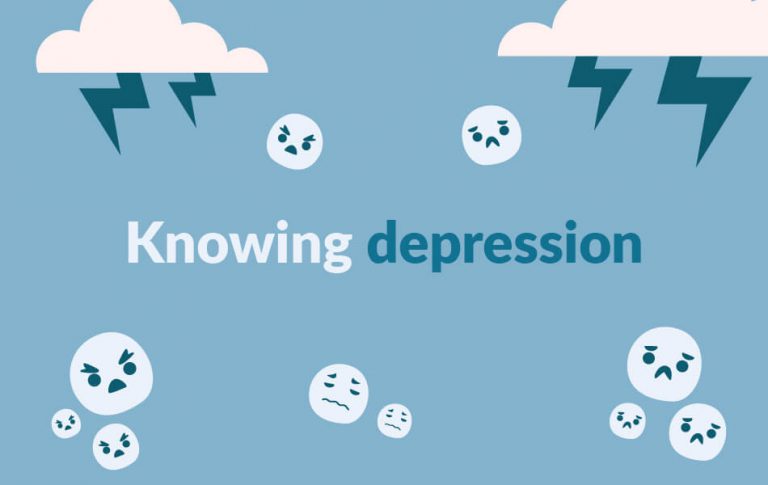Teenagers are known for their moody natures.
Adolescence brings with it so many changes for a child embarking on the journey to adulthood – hormones, academic pressures, physical developments, questions about their identity and place in the world, and social pressures, particularly among peers. But mental health specialists have found that there is a point when teen moodiness is more than what it seems and that depression in youth is a real problem.
During the ongoing pandemic, adolescents reported having an increase in anxiety and depression, and experts are worried about their mental health. What’s the main contributing factor towards the recent rise? Isolation from friends and social environments.
Surveys conducted on teens indicated that depressive symptoms in adolescents increased to a staggering 24%. Cassey Chambers, operations director from SADAG, reports that phone calls to their helpline increased from 600 a day to anywhere from 1,200 to 1,400 calls a day.
And this excludes contact made via social media, email or SMS. It’s clear that the pandemic has had a significant impact on everyone. For a teen who enters the next psychological development phase of their lives, the effect is so much more severe. In the article, we will discuss the subject of depression in teenagers and how you, as a parent, can help them get through this time.

How to Identify Depression in Teenagers
Being subjected to bad moods and periods of rebelliousness is a norm for parents of teenagers. However, there are signs and symptoms that parents can look out for that will help them identify depression in their children so that early intervention can take place. Depression is an all-encompassing illness, where emotions like sadness, anger, and despair are so overwhelming it becomes difficult to function normally in society.
Parents are likely to see when a teenager is depressed, and symptoms include lethargy, school grades going down, substance abuse, addiction to social media/internet, low self-esteem, violence, and behaviour that poses a threat to themselves and others. A depressed teen might often talk of running away or romanticize suicidal thoughts. They will show a marked change in their eating and sleeping patterns.
Statistics to take into consideration:
- Young women report a higher percentage of Anxiety
- 27% of survey participants reported feeling anxiety
- And 15% reported symptoms of depression
- 1 in 2 children feel less motivated to do activities they normally enjoy

These statistics make it quite clear that the ongoing pandemic has had a big impact on adolescents. Many parents are overwhelmed, which is understandable, given the rapid changes brought on by the pandemic. You’re very likely doing the best you can as a parent in this challenging time. We want to remind you that there is light on the horizon, and things won’t always be this way.
Having a discussion with your teen
As we all know, teens are more often than not very reluctant to talk about their feelings. Especially not with their parents. Nonetheless, when you notice a change in your child’s behaviour that merit a discussion.
here are some things to keep in mind.
- Choosing the right time is crucial. Trying to convey your point after you and your child argued will fall onto deaf ears. Pick your opportunity and then sit them down for a discussion.
- Don’t assume you know what goes on in your child’s mind; let them try and communicate their point before you react or interrupt them.
- Be stern about what concerns you about their behaviour, but avoid sounding like you are attacking them.
- Let them know that you have noticed how hard things have become for them lately and that you care for them.
- If you have ever experienced depression before, letting your child know that you have been in their shoes can help them relate. Conversation can be a powerful tool if the approach is timed correctly.
- Prepare for some push-back from your teen. Parents avoid having these conversations more often than not due to the fear that it might not play out the way they want it to. However, you might be surprised at how thankful your child is after the conversation.

How You Can Help
Often a parent will feel inadequate when it comes to helping their depressed child, most times feeling rather overwhelmed. But there are ways in which your support as a parent can make a huge difference. In Catherine Radloff’s article about supporting a depressed teenager, she outlines various ways in which parents can positively influence their child’s struggle with depression.
Several studies have shown that the support from family in properly managing mental illness can greatly reduce the depth of depressive episodes and the frequency with which they occur.
Below are a few ways parents can help their depressed teenager:
Seek Professional Help
Don’t stop contacting a mental health professional if you think your teen may be suffering from depression. These specialists are trained to diagnose the condition no matter the patient’s age and come with expert knowledge that will serve as much-needed support for parents who have to help their child through this challenging time.
Encourage Socializing
Depressed teens will seek solitude, but too much time spent alone with their own dark thoughts can be very damaging. Encourage social interaction on a personal level – social media doesn’t count – and this will help eradicate feelings of isolation.
Get Them Moving
Regular physical activity has been proven to alleviate symptoms of depression. By adopting a good exercise regime, your teen will be taking the right steps to manage their condition healthily.
Monitor all Medication
Suppose your child is under the care of a specialist in mental health, and their condition calls for it. In that case, they will be prescribed anti-depressants to help them manage their condition. Parents need to make sure the child takes the medication on time and in the correct doses.
Listening goes a Long Way.
Teenagers with depression often feel isolated and misunderstood. These feelings cause them to withdraw from people and even lead to very dark thoughts about leaving this world altogether. Parents must keep an open line of communication with their child. Assure them that it’s safe to share their feelings and that you are willing to listen without judgement. Never dismiss what they think and how they feel, which could be detrimental to their state of mind.
Routine & Diet
Depression and anxiety often go hand-in-hand, and a stable, predictable routine is one way of reducing symptoms of anxiety. For instance, your child may have trouble sleeping but will find comfort at a fixed bedtime. Loss of appetite is common in depressed teens, but although they might not be eating well, ensure that they have a healthy selection of foods available. Balanced nutrition plays a key role in keeping the mind and body feeling their best.

Professional Treatment
The pandemic has taken its toll on everyone, so when you start noticing symptoms of depression in your teen, we urge you to seek help.
At ZwavelStream clinic, you will be met by friendly, professional staff. The clinic is completely destigmatized from other mental health hospitals. Set in Bronberg, Pretoria, surrounded by lush gardens and the tranquillity of nature.
ZwavelStream Clinic is a private psychiatric care facility that provides patients with a tranquil space to achieve mental wellness and rejuvenate their souls. Our team of mental health specialists bring decades of experience and skills to their approach, prioritizing each patient’s recovery and treatment as an individual.
To find out more about our various treatments, visit our treatment & support page.







